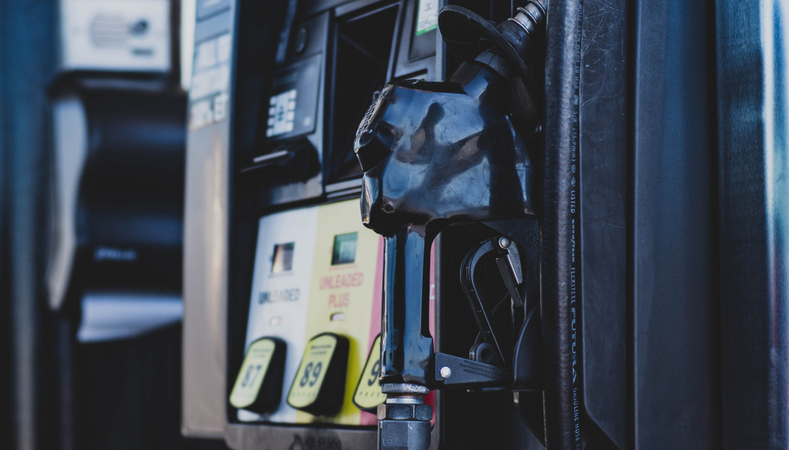Lebanon Central Bank stop fuel subsidies

Gasoline prices in Lebanon may soon increase by at least five times, Beirut media reported today in the aftermath of the Lebanese Central Bank’s announcement to stop subsidies for fuels. The decision came in the context of the financial collapse that Lebanon is experiencing and the consequent unprecedented economic crisis in recent decades.
For years, the Central Bank secured US dollar subsidies for importing fuel. But following the financial default and the collapse of the Lebanese lira against the dollar (a greenback is now traded at more than 20 thousand lire, while in 2019 it was worth 1,500 lire), the bank in Hamra street no longer has the resources to ensure grants.
It is now up to the Ministry of Energy, headed by an outgoing minister following the resignation of the Beirut government a year ago, to set the new prices. These, according to estimates by Lebanese newspapers, will increase by at least five times, thus causing further difficulties for Lebanese consumers already exhausted by the effects of the collapse of Lebanon, the collapse of the local currency, and the soaring prices of essential services and consumer goods. According to the latest World Bank report, Bank Lebanon Economic Monitor (Lem), published in June, the economic and financial crisis in the country of the cedars is among the worst ever in history, even since the mid-1800s.
For some economists, Lebanon is in the top 3 of financial defaults. “Faced with colossal challenges, persistent political inaction and the absence of a fully functioning government continue to aggravate already disastrous socio-economic conditions and a fragile social peace without a clear turning point on the horizon,” writes the Washington institute. As highlighted by international observers, all the political and economic responses of the Lebanese authorities to these challenges have been inadequate and unsuccessful.
There has never been a consensus on effective political initiatives in the country. On the other hand, the strenuous defense of a failed economic system continues to favor the few to the detriment of the majority. A protracted civil war has aggravated increasingly disastrous socio-economic conditions that risk provoking systemic national failures with regional and potentially global effects.
The numbers of the World Bank leave no way out and outline a scenario with many shadows. The institute estimates that GDP contracted by 20.3% in 2020, after a decline of 6.7% in 2019. Lebanese GDP plummeted from nearly $ 55 billion in 2018 to around 33 billion dollars in 2020, while per capita output fell by about 40%. Such a severe contraction is usually associated, the World Bank explains, with conflicts or wars. “Monetary and financial conditions remain highly volatile; in the context of a multiple exchange rate system.”
The average exchange rate depreciated by 129% in 2020. The effect on prices translated into a surge in inflation, with an average of 84.3% in 2020. Subject to exceptionally high uncertainty, GDP might contract by a further 9.5% this year as well.




